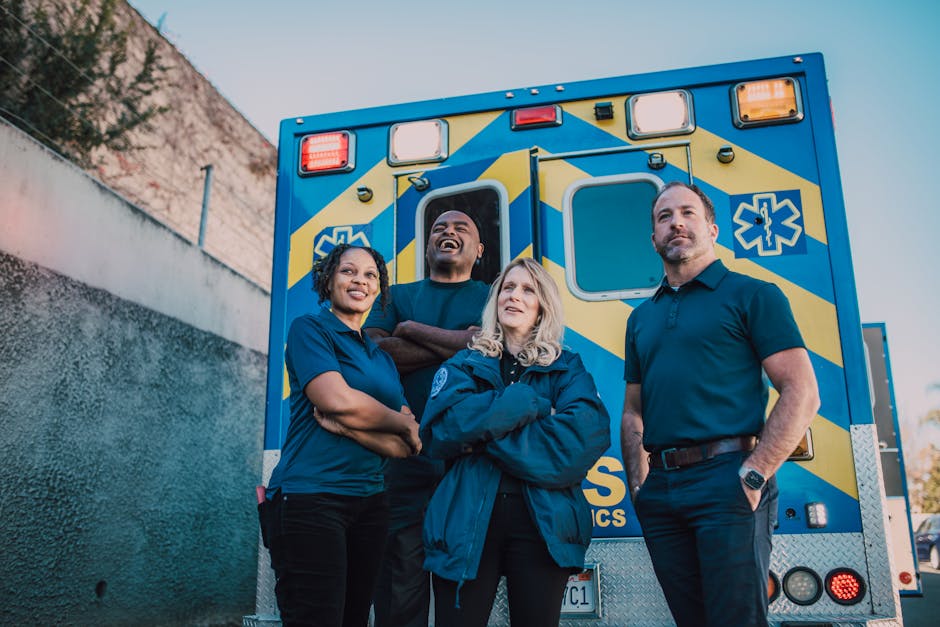Understanding Colonoscopy know that
Understanding Colonoscopy know that
Blog Article

Did you know that colorectal cancer is the second leading cause of cancer-related deaths in the United States? Regular screenings, such as colonoscopies, are vital for early detection and prevention. However, many individuals find the process of scheduling and preparing for a colonoscopy daunting. This is where colonoscopy appointment assistance can play an essential role in ensuring a smooth experience.
Understanding Colonoscopy
A colonoscopy is a medical procedure that allows doctors to examine the inner lining of the large intestine (colon) and rectum using a flexible tube fitted with a camera. It is often recommended for individuals aged 45 and older or for those with risk factors such as a family history of colorectal cancer. The procedure can help detect abnormalities, including polyps and cancer, enabling timely intervention.
The Importance of Timely Screenings
Early detection is key when it comes to colorectal cancer. According to the American Cancer Society, regular screenings can reduce mortality rates significantly. Colonoscopies not only help in diagnosing cancer but also in removing polyps before they can develop into cancerous growths. Therefore, understanding the need for these appointments is crucial.
Challenges in Scheduling Colonoscopies
Despite the clear benefits, many individuals face challenges when it comes to scheduling their colonoscopy appointments. Common hurdles include:
- Lack of Awareness: Many people are unaware of when they should get screened or how the process works.
- Fear and Anxiety: Concerns about discomfort during the procedure often deter individuals from scheduling an appointment.
- Logistical Issues: Arranging transportation, especially after sedation, can be a significant barrier.
How Colonoscopy Appointment Assistance Can Help
Colonoscopy appointment assistance services can alleviate many of these concerns. These services provide a range of support options, including:
- Education: Providing comprehensive information about the procedure, preparation steps, and what to expect can help ease anxiety.
- Appointment Scheduling: Assistance in finding and scheduling an appointment with a qualified gastroenterologist.
- Transportation Solutions: Many services offer transportation arrangements to ensure patients can safely reach their appointments and return home afterward.
Utilizing these resources can significantly enhance the likelihood of individuals obtaining their screenings and following through with necessary medical advice. For more information on how colonoscopies can save lives, the American Cancer Society provides valuable insights on detection and diagnosis.
Preparing for Your Colonoscopy
Preparation for a colonoscopy is a crucial step to ensure accurate results. Patients are typically advised to follow a special diet and take laxatives to clear their bowels before the procedure. Here are some essential tips for preparation:
- Dietary Changes: Transition to a low-fiber diet a few days prior to the procedure, followed by a clear liquid diet the day before.
- Laxatives: Follow your doctor’s instructions regarding the timing and dosage of laxatives to ensure a clean colon.
- Hydration: Drink plenty of clear fluids to stay hydrated during the preparation phase.
Post-Procedure Care
After the colonoscopy, patients may experience some discomfort or bloating, which is generally temporary. It is essential to have someone accompany you home, as sedation can impair your ability to drive. Many colonoscopy appointment assistance services can help coordinate this transportation, making the entire experience less stressful.
Conclusion
Colonoscopy screenings are a critical tool in the fight against colorectal cancer, yet many individuals struggle with the process of scheduling and preparing for these appointments. By utilizing colonoscopy appointment assistance services, patients can navigate the challenges more comfortably, ensuring they receive the necessary screenings on time. Remember, prioritizing your health through regular screenings can make a significant difference in outcomes.
Report this page